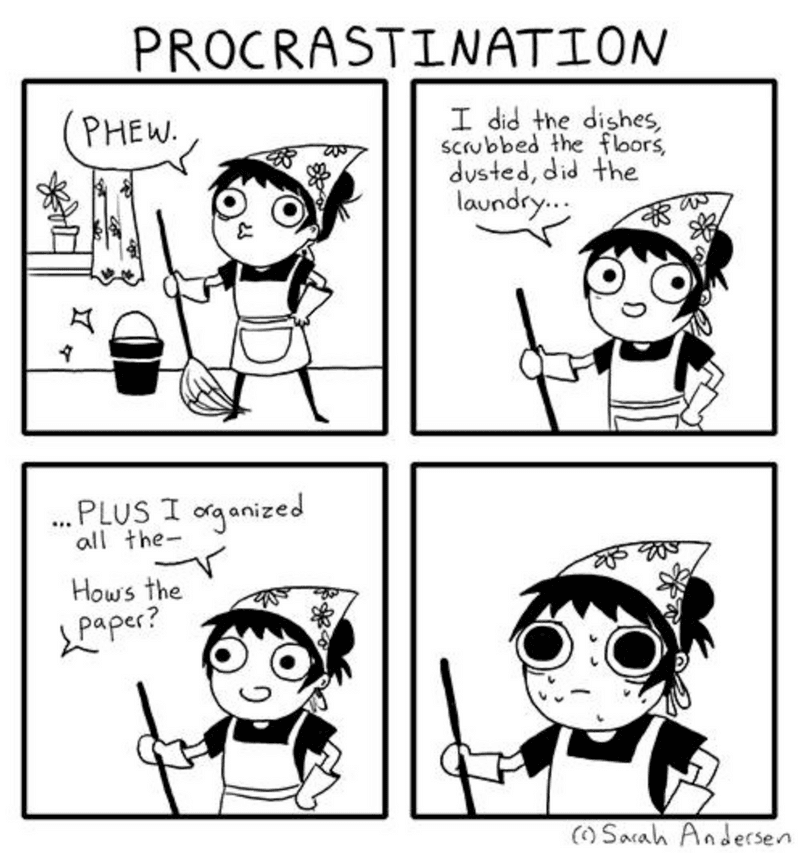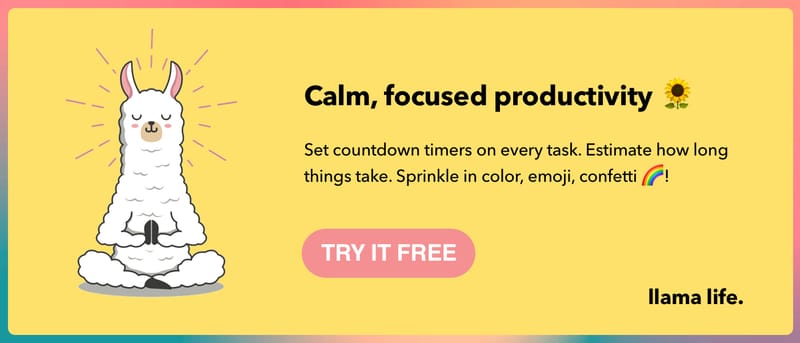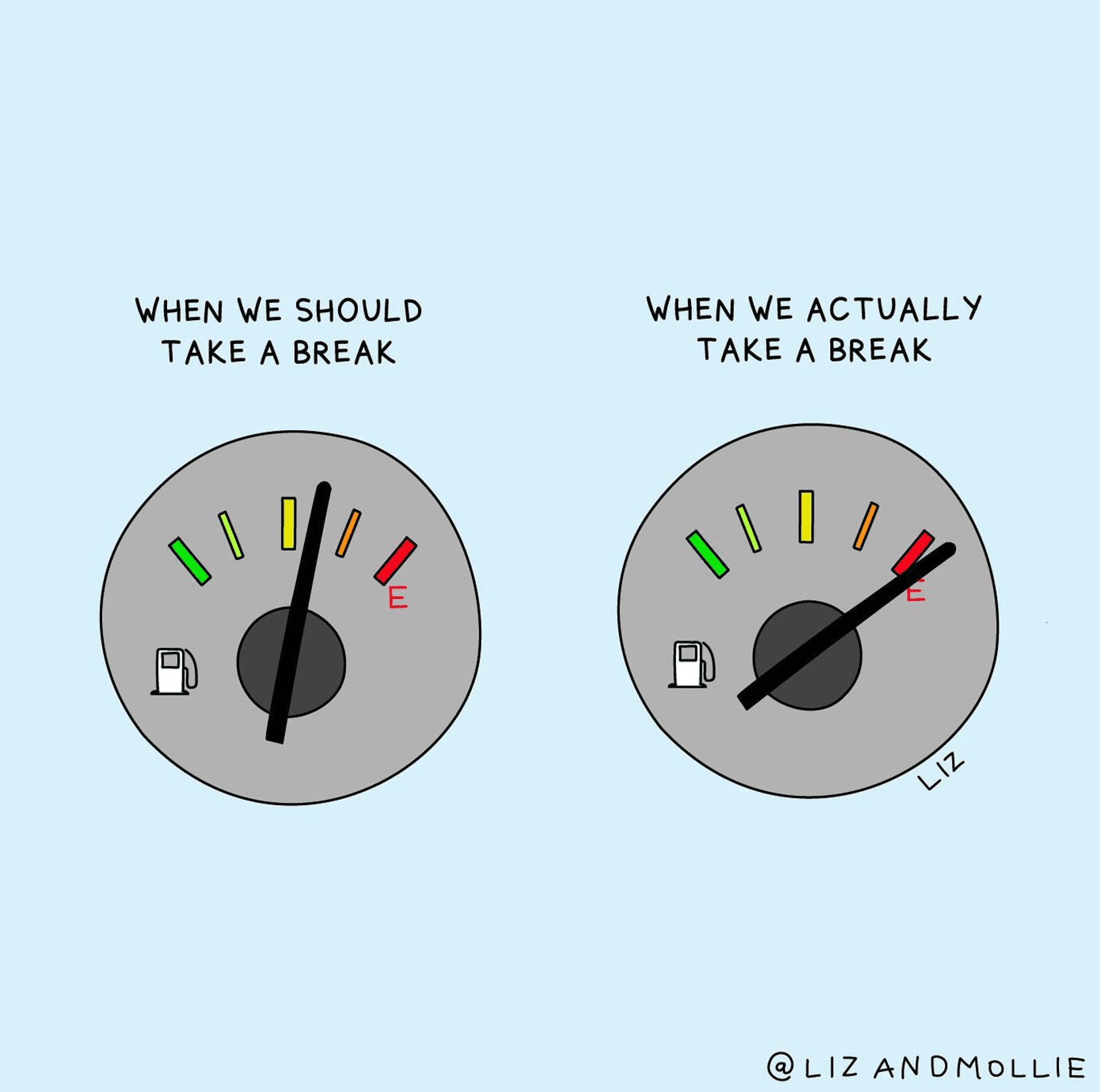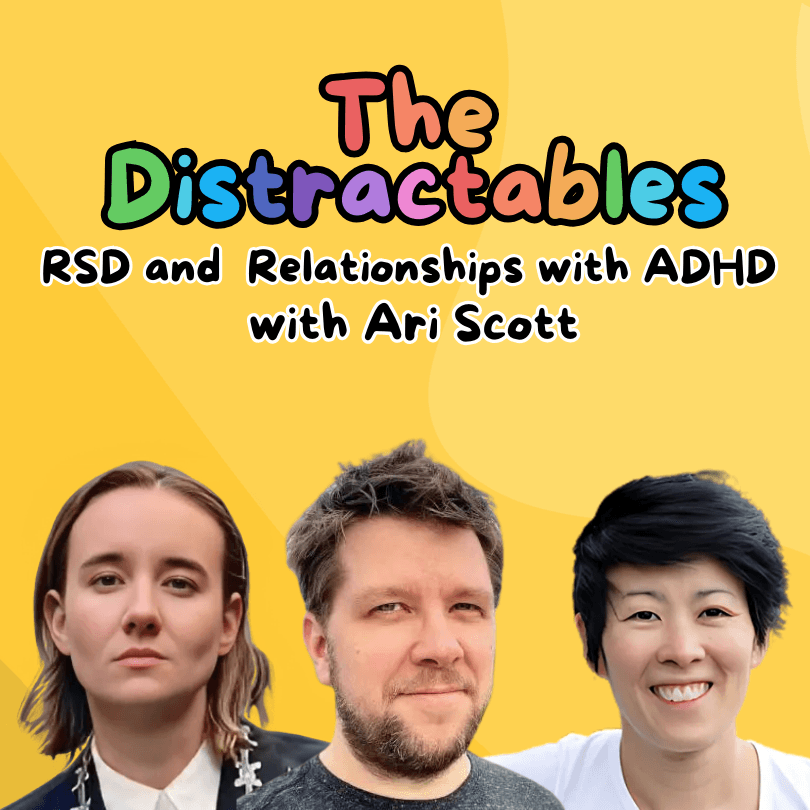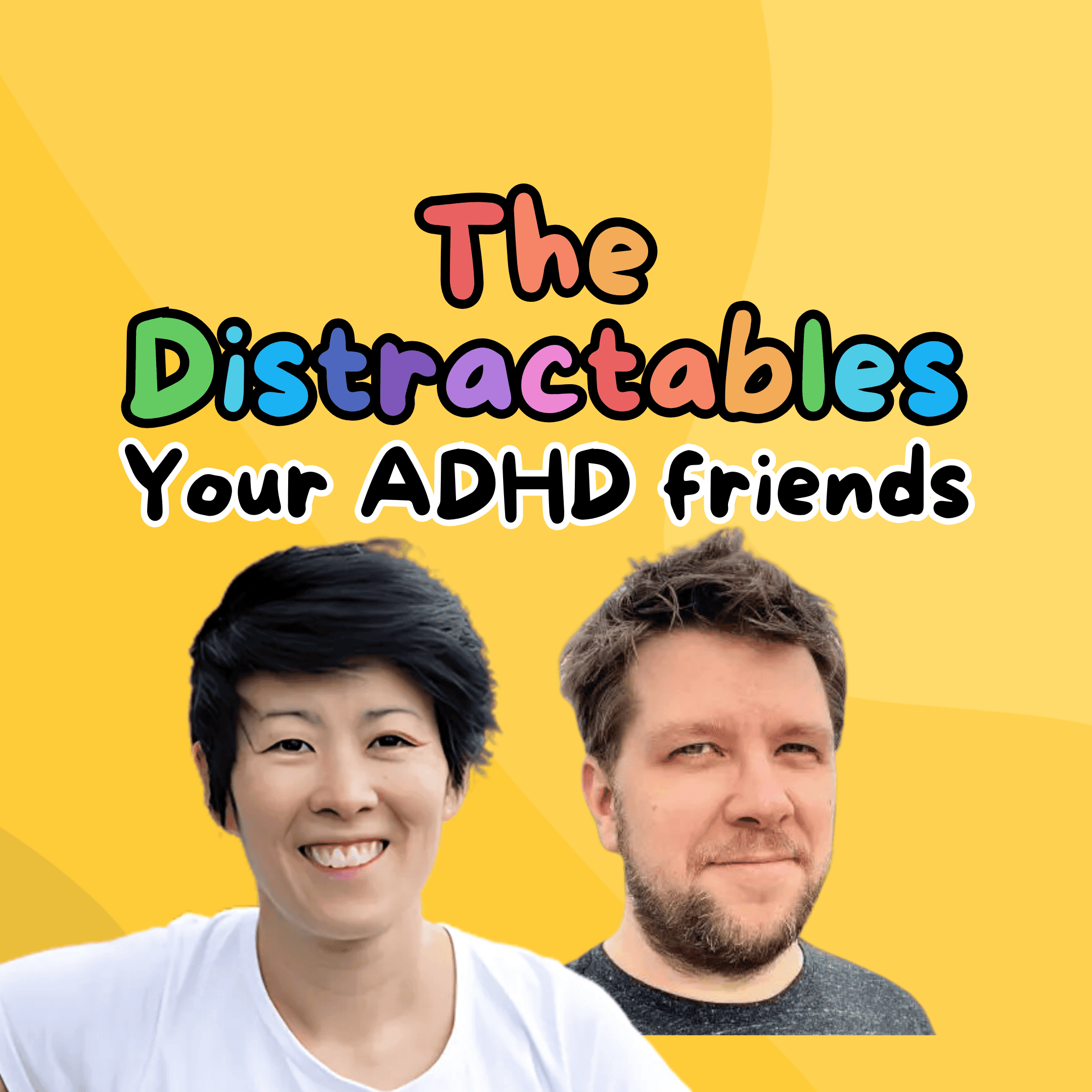It's 4.22pm and you're sitting at your desk wondering...
"Where has the day gone?.."
You’ve only done half of what you’ve planned.
It’s a scenario that you’re probably quite intimate with.
Procrastination, it plagues us all. For some, it’s from time to time, for others, it’s a daily battle.
On our journey to understand it better, and to hopefully reduce or (is it even possible?) stop doing it altogether, we’ve gathered some valuable insights...
What is procrastination?
Firstly, what is procrastination?
Procrastination is the act of delaying or postponing tasks. It's when you intend to do something but end up putting it off, unable to focus, and often distracted by other things.
Why do we procrastinate?
It comes down to emotional vs rational triggers...
Firstly, it is usually an emotional trigger which causes us to avoid or delay doing a task/tasks. This in turn can make it difficult for us to analyze the trigger objectively, and therefore make it even more difficult for us to mitigate.
In order for us to be better at mitigating these triggers, let’s explore what they are and how they manifest.
Some common triggers for procrastination
- Boring Tasks: "This task isn't intellectually stimulating. It's too mundane!"
- Frustrating Tasks: "The platform I use for this report is so buggy!"
- Difficult Tasks: "This task is hard and will need a lot of focus and time. I'll do something easier first..."
- Ambiguous Tasks: "I don't know what my manager wants from this infographic."
- Stressful Tasks: "Last time I did this report, my manager said it was rubbish. I don't want to deal with that again."
- Unstructured Tasks: "I don't know how to create this infographic."
- Unrewarding Tasks: "I won't get any recognition for this, so what's the point?"
- Meaningless Tasks: "This project isn't aligned with my role or goals. Why bother?"
Strategies to overcome procrastination
But alas, there is hope! By addressing the triggers, you can reduce procrastinating.
Here are some strategies to help you get started:
Identify the source: Determine why you're procrastinating. Is it because the task is boring, frustrating, or ambiguous? Once you know the trigger, you can address it directly.
Seek clarity: If a task is ambiguous, ask for more details. Understanding the bigger picture can provide the direction you need.
Use accountability partners: Share your goals with a reliable friend or colleague who can check on your progress. Mutual accountability can keep you on track.
Break tasks into smaller chunks: Large tasks can be overwhelming. Break them down into smaller, manageable tasks. For example, instead of writing 20 blog posts, start with brainstorming ideas, then move on to research, drafting, and editing. Llama Life has a feature which can break down your tasks for you, so you don't have to.
Switch the triggers: Make an unappealing task more rewarding. Set a reward for completion or make the task more engaging.
Prioritize tasks: Put tasks side by side and choose one to tackle first. This can help you pick the easier task and get it done, proving that the task is doable.
Remove temptations: Minimize distractions. Turn off your phone (better yet, put it away!), log out of social media, and block time in your calendar to focus.
Experiment with different productivity methods: There isn't a one-size-fits-all approach to productivity. Try different methods to find what works best for you. Also remember that something that works today/this week may not work the next. Variety in how you deal with procrastination may help.
Be kind to yourself
Everyone procrastinates at times. The key is to recognize it and take steps to reduce it. Forgive yourself for past procrastination and focus on improving your productivity going forward.
Tools like Llama Life can help you manage your tasks more effectively. Remember, you're not alone in this battle against procrastination.
Good luck! 🦙
